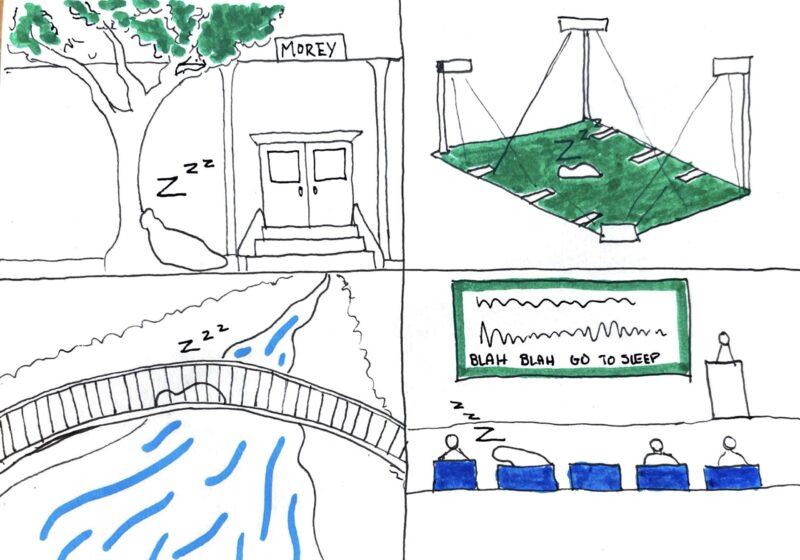Spider-Man is one of the most complex, nuanced, and effective characters in comics. I’m a pretty serious Marvel fan, and (along with Iron Man) Spidey is probably the figure who has, since his creation in “Amazing Fantasy #15” back in 1962, best expressed the key characteristic that makes Marvel heroes work — they’re humans. No matter who’s wearing the mask (usually Peter Parker, of course), Spider-Man (or Woman, as the case may be) is relatable, imperfect, charismatic, and sees their great, accidental power as a great responsibility.
With the partial exception of the Sam Raimi films (the first two, at least), every cinematic adaptation of the character has largely failed to do Spider-Man justice. 2017’s “Spider- Man: Homecoming” at least presented a likeable, fun Peter, but in my opinion did not succeed in driving home Spidey’s more serious narrative aspects. Moviemakers haven’t yet managed to balance the meaning and humor that reinforce each other to make the best Spider-Man stories work as well as they do.
Until now.
“Spider-Man: Into the Spider-Verse” perfectly captures the humor, charm, and emotional depth of well-written Spiders and their supporting casts; and they do it with every single character.
Miles Morales (voiced by Shameik Moore) is a beautifully written and phenomenally entertaining protagonist, and the film makes the right choice by sticking with his perspective for its entirety. We like Miles as soon as we meet him, and come to love him pretty quickly after that. He’s funny, smart, and responds to crisis with teenage consternation but also a resolve that immediately marks him as heroic. He’s caught between his father’s hopes for him and his own need to prove himself as an individual, producing conflict separate from and deeper than the reality-shattering superhero crisis that underscores the plot’s rising action. The story moves forward for him with a perfectly crafted sense of escalation, culminating in a moment of self-actualization that’s triumphant and totally earned.
Miles’ father, Jefferson (Brian Tyree Henry) is fantastic, his character arc moved by tragedy and graced with the best vocal performance out of an excellent cast. His brother and Miles’ uncle, Aaron (Mahershala Ali), is a counterpoint to Jeff’s by-the-book cop, with a heartbreaking narrative of his own.
The other Spider-People of the titular Spider-Verse prove that writers Phil Lord and Rodney Rothman understand how to craft a whole slew of Spiders beyond Miles. Miles finds friends and counterparts in Gwen Stacy (Hailee Steinfeld) and Peter B. Parker (Jake Johnson), both of whom are as well-thought-out and likeable as he is. The film does feel a bit cluttered with its three other Spiders on top of the main trio, but it’s self-aware about this and they’re all funny, effective, and human (even John Mulaney’s porcine Spider-Ham) in their own right.
Other reviewers have said enough already about the extraordinary, unique animation, brilliant score and sound design, jaw-dropping direction, and sense of visual purpose featured in “Spider-Verse”. Audio-visually speaking, it might be the best film of last year. It’s not only the best Spider-Man flick ever released, but it’s also one of the best movies of last year, my favorite superhero movie, and one of my favorite animated movies, period.






